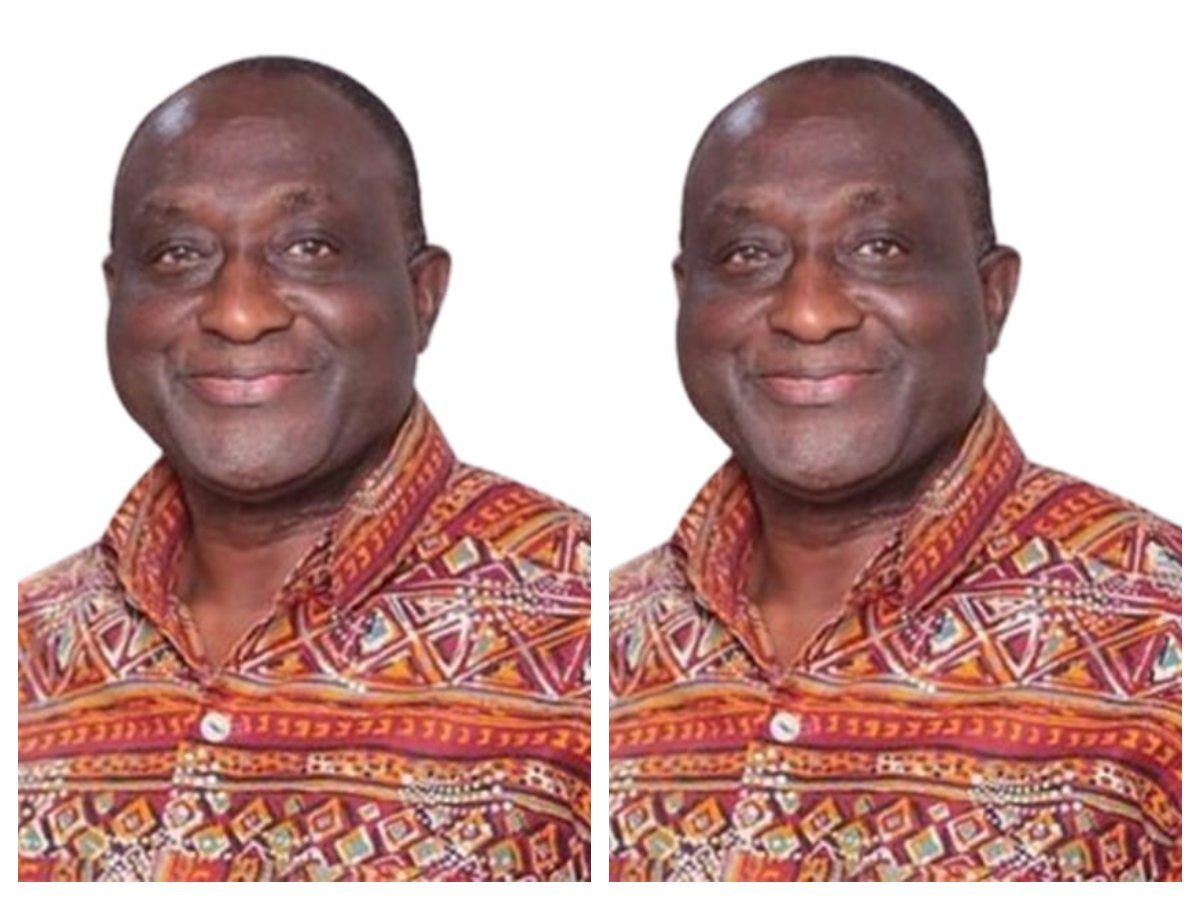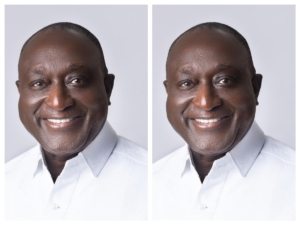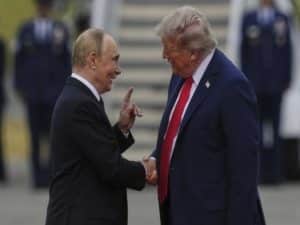When African leaders signed the African Continental Free Trade Agreement (AfCFTA) in 2018, it was hailed as a watershed moment, the boldest attempt yet to knit together the continent’s 54 nations into a single market. Seven years later, the dream remains largely on paper.
Alan Kyerematen, Ghana’s former minister of trade and industry and one of the lead architects behind AfCFTA, has lived this journey firsthand. In an exclusive interview with Sandra Babu-Boateng on The BreakDown; on PanaGenius TV, he reflected on the long road from aspiration to reality, and why political will may prove as decisive as economics.
“When the Organization of African Unity was established in 1963, the founding fathers dreamed of moving beyond decolonization and bringing together the newly independent African countries. Among their discussions was the importance of trading among themselves. They envisioned not only a continental market but also an African economic community,” he recalled the vision.
Watch the interview below.
That dream, however, was quickly overshadowed. “Newly independent states, beset with so many challenges, almost forgot the original dream of integration. They focused more on overcoming post-independence struggles,” Kyerematen said.
READ ALSO: Africa and the Caribbean forge bold trade alliance in response to Trump tariffs
Regional blocs like ECOWAS, SADC, COMESA, and the EAC emerged over the decades, but Africa’s share of intra-continental trade stayed stuck below 15%. “The dream of deeper economic integration was still far from reality,” he noted.
His own involvement deepened after leaving government in 2011, when the UN Economic Commission for Africa tapped him to lead the African Trade Policy Centre. “In Africa, we often say it’s become a ‘NATO continent’ — No Action, Talk Only. That was exactly the mindset I wanted to challenge,” the famous Ghanaian politician said.
He and his team pushed not only for a legal framework, which became AfCFTA, but also for an operational framework called Boosting Intra-African Trade. Both were adopted at an AU summit in 2012. But only one gained traction. “Unfortunately, all the excitement was around the agreement, the legal framework. The operational framework, which was supposed to make the agreement actionable, received much less attention.”
For skeptics, the barriers were daunting. “Many leaders told me, ‘Alan, we know you’ll do a good job, but we’re not sure this will work.’ They pointed out that even with regional economic communities, intra-African trade remained below 15%. So, how could a continental framework succeed where regional ones struggled?”
Kyerematen countered with scale. “A continent-wide market could unlock far greater potential. For example, Ghana might import sausages from Europe rather than from Kenya simply because the two belong to different regional blocs. Expanding to a continental level could eliminate such barriers.”
READ ALSO: Why Africa and the Caribbean still don’t trade directly
Despite resistance, the agreement went forward. Today, AfCFTA covers a population of 1.4 billion and a combined GDP of $3.4 trillion. Africa controls 60% of the world’s arable land, a fifth of its forests, and vast reserves of water and minerals. The economic case is overwhelming.
But for Kyerematen, economics alone won’t deliver the transformation. “You cannot have a prosperous Africa without political unity. You cannot have a peaceful, secure Africa without deeper integration. It simply will not happen.”
He points to Europe as a model: sovereign states with their own identities, yet empowered globally by the collective strength of the European Union. “That is why I believe the African Union, in its current form, should be seen as a stepping stone, a transitional phase toward a United States of Africa.”
Seven years after the AfCFTA was signed, progress remains halting. Infrastructure gaps, incomplete customs reforms, and lack of harmonized regulations continue to slow the pact. Yet Kyerematen insists the opportunity remains historic. “Whether through a confederation or a federation, political integration is the only way Africa can unlock the full power of the AfCFTA and truly rise as a global economic and geopolitical force.”
READ ALSO: Trump’s Africa strategy swaps aid for trade—but at what cost?










